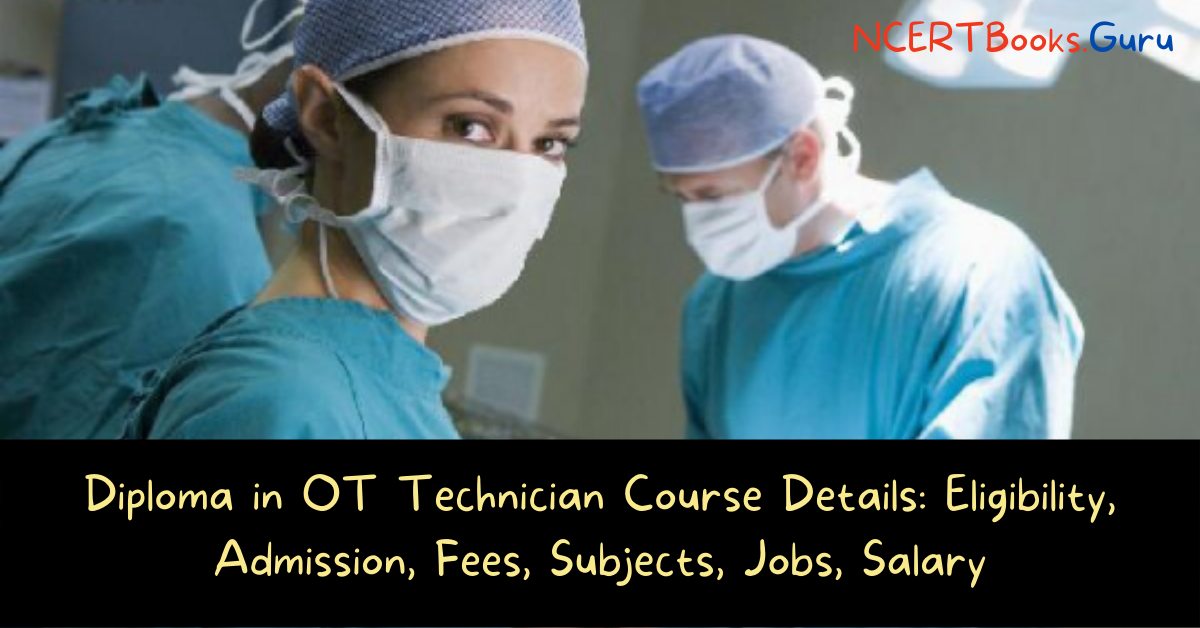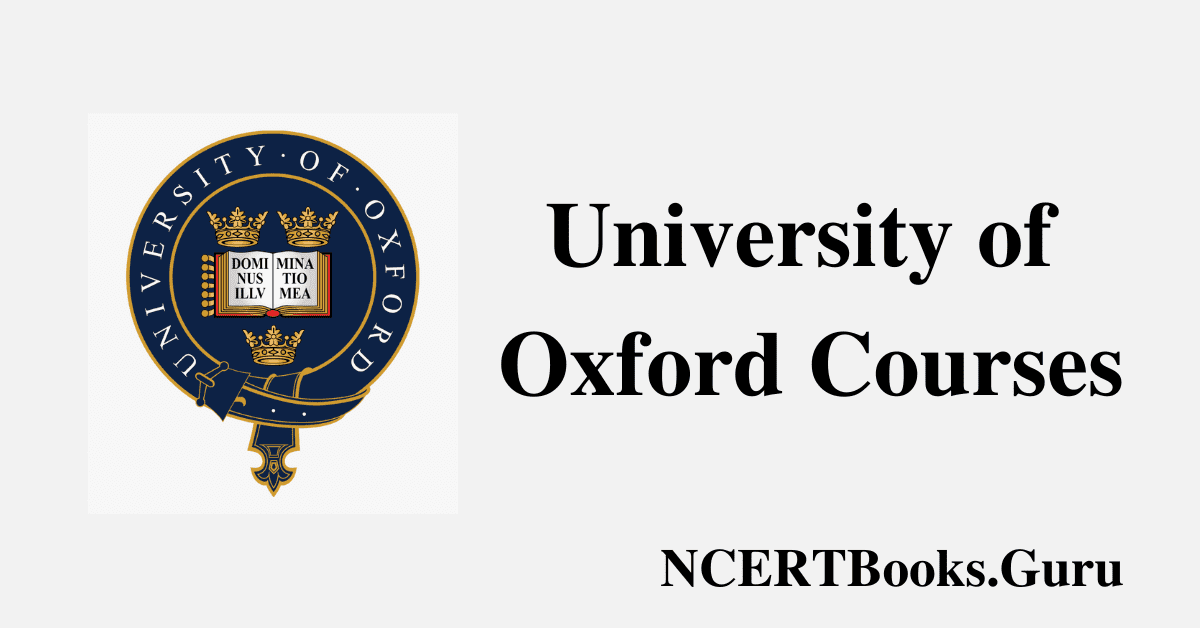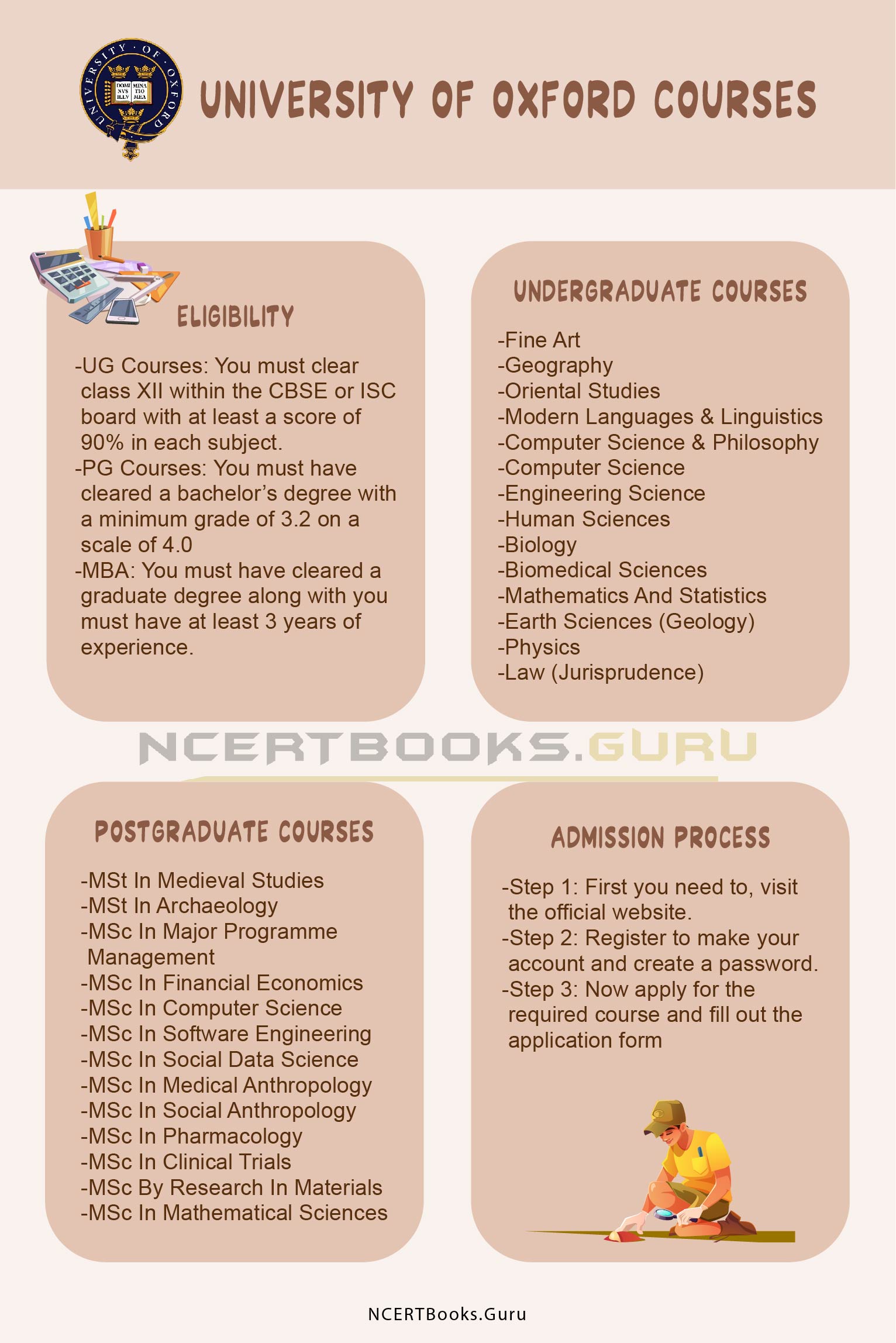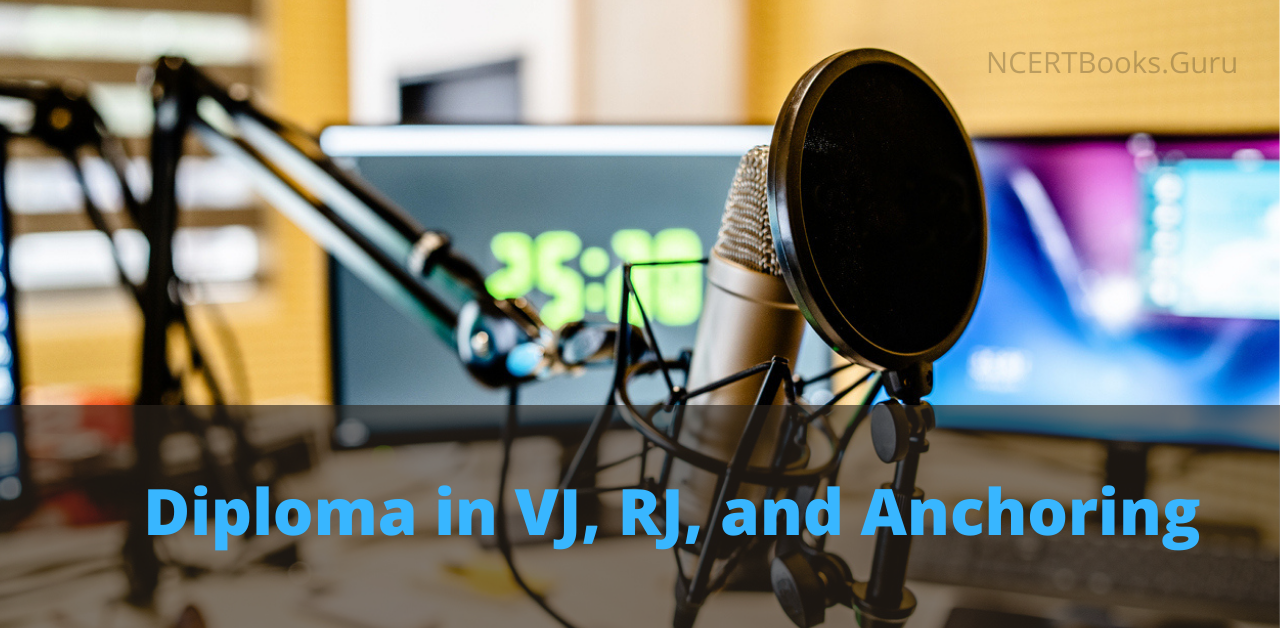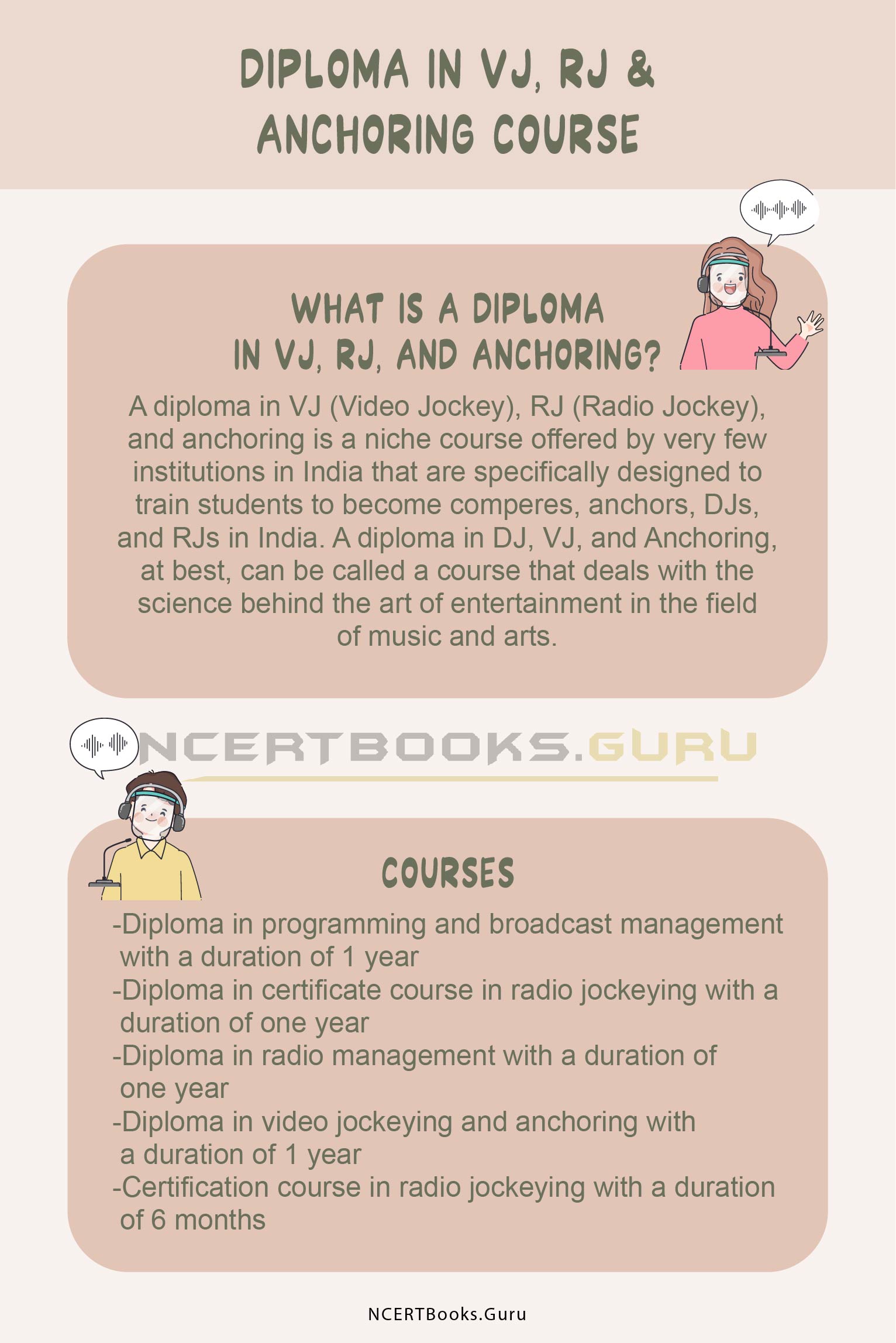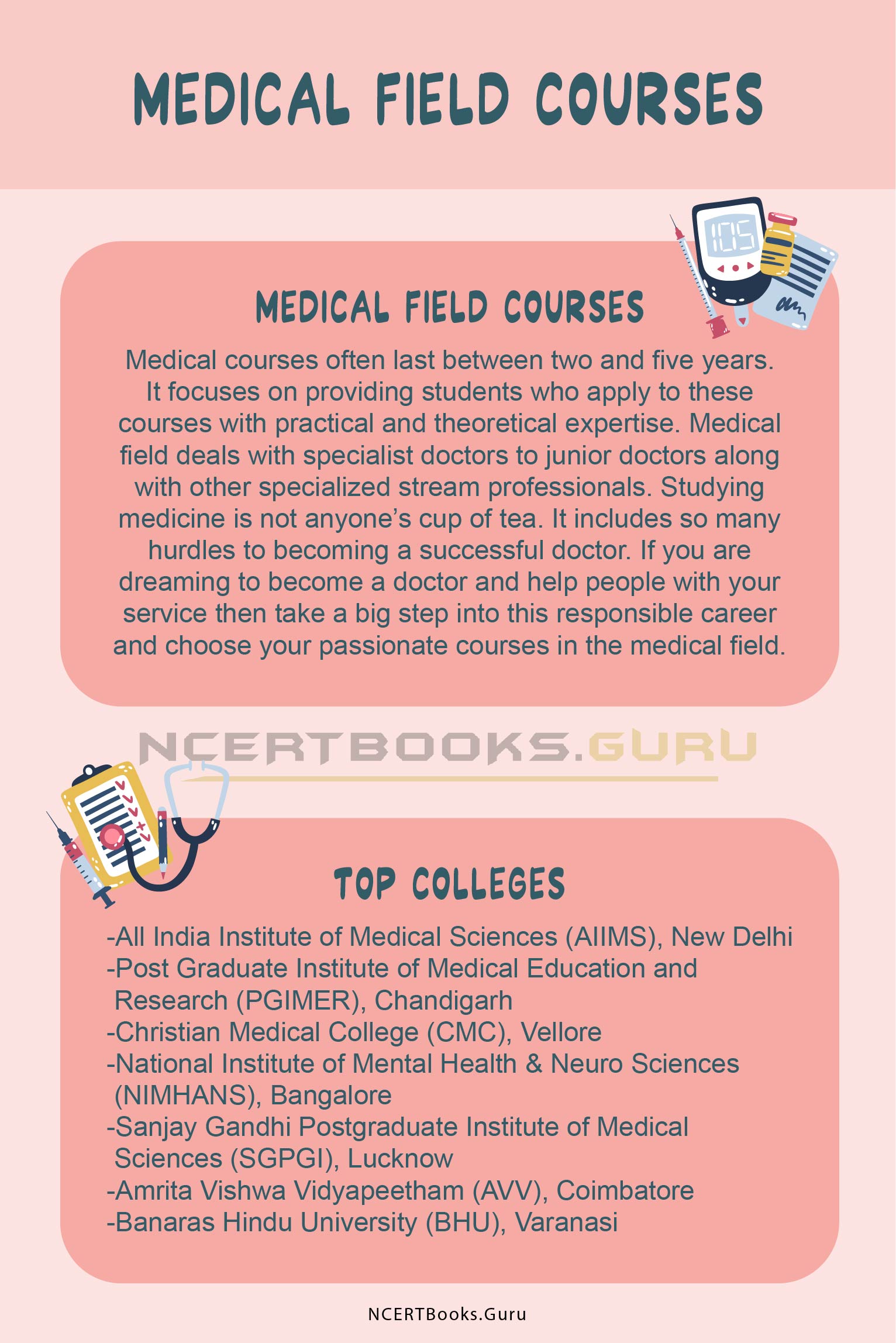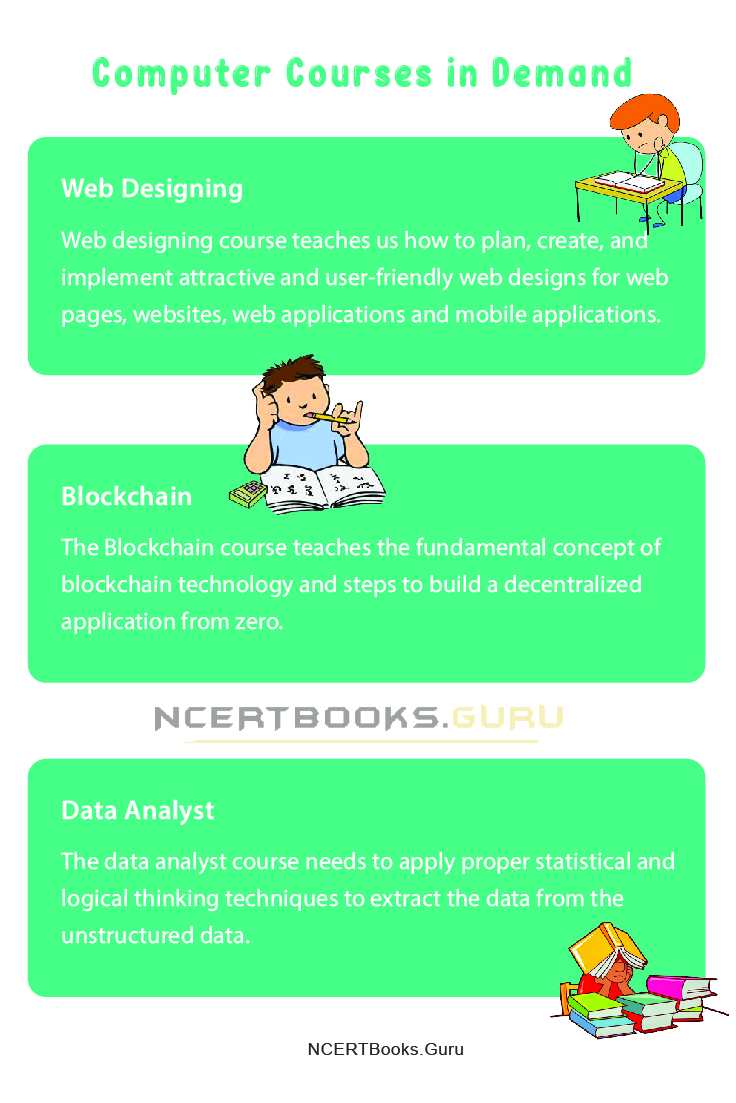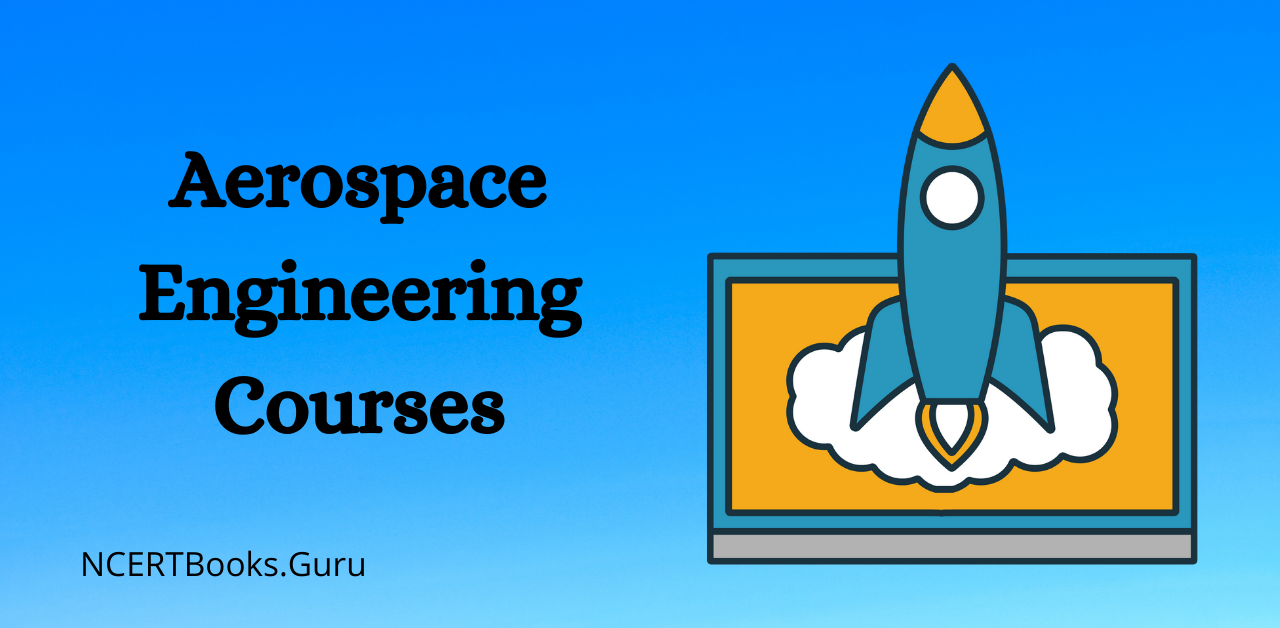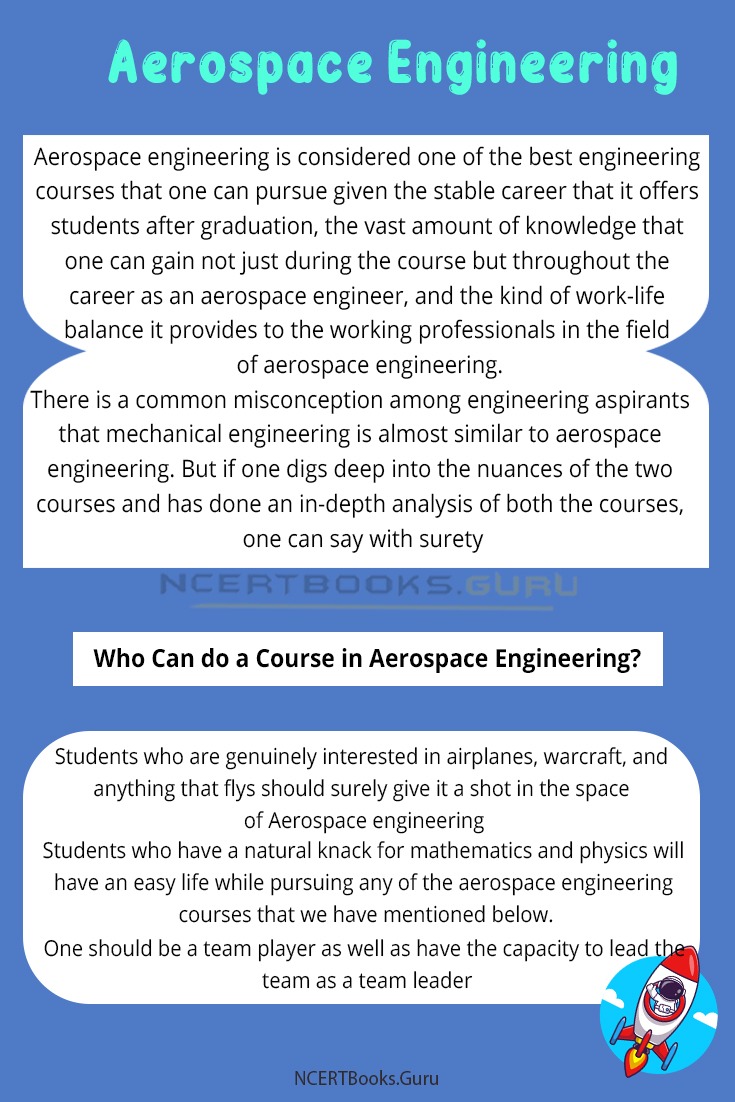A diploma in OT technician or operation theatre technician is a special course that is designed solely to train candidates to perform medical tasks in operation theatres in collaboration with surgeons, nurses, specialists, and other medical personnel in a hospital.
A diploma in OT technician is a rudimentary two-year course that helps students equip themselves with the basic knowledge of the medical field and operation theatre. In this particular article on a Diploma in OT technician, we are going to cover the following course details that are going to be helpful to students to make the right career decision.
- What is a Diploma in Operation Theatre Technician?
- Why should you pursue a Diploma in OT Technician?
- Diploma in OT Technician Eligibility
- Diploma in OT Technician Admission Process
- Diploma in OT Technician Fees
- Diploma in OT Technician Subjects
- Diploma in Operation Theatre Technician Course Structure
- Diploma in OT Technician Colleges
- Diploma in OT Technician Jobs
- Diploma in OT Technician Salary
- Who is an Operation Theatre Technician?
- Should I pursue a Diploma in OT Technician?
- Is it worth pursuing a Diploma in OT Technician?
- What are the reasons one should not pursue a diploma in OT Technician?
What is a Diploma in Operation Theatre Technician?
A diploma in OT technician or operation theatre Technology is a two-year bachelor or diploma level course that any 10th and 12th standard pass out can pursue if he or she is interested to get into the field of medicine and surgeon. The course is designed in such a way that it is going to train students to help doctors, nurses, and other medical personnel and perform various intricate tasks inside an operation theatre.
Operation theatre technicians are also trained in psychology and behavioral sciences to deal with different kinds of patience during an emergency. They are trained not only to handle the intricacies of surgery and emergency medical help but also in maintaining and handling surgical instruments, sterilization, cleaning and disinfection of the same, and maintaining the track of drugs that are being given to patients cycle after cycle.
Operation theatre Technology can be really helpful for students who want to have a rudimentary idea of how their life will be in a hospital and if they think it is their cup of tea then they can further go to study other areas including but not limited to MBBS.
Other than the medical and technical aspects that are being thought to students, one unique aspect that students will learn through the two-year course of diploma in OT Technician, behavioral science, communication, patience, and dedication that will be of utmost required and is of importance for a medical practitioner.
Why should you pursue a Diploma in OT Technician?
Some of the advantages in pursuing a diploma in OT technician are mentioned below that a student my relate to and be helpful for:
- Return on Investment (ROI): The return on investment for this course is very high and for 3 years the fees will not exceed more than 1 lakh through a merit-based quota or more than 1.5 lakh through a management-based quota.
- Change in career direction: Students who want to change their career during the mid of academics or after their completion can pursue a diploma in OT Technician. For example, if a student is pursuing law or engineering and wants to change his or her career direction in the field of medicine then a diploma in OT Technician will be a good start for the same.
- People who want to pursue their career in the field of medicine but are not able to do an MBBS Course for various reasons can pursue a diploma in OT technician.
- Medical education in India is developing at a fast pace and there are plenty of top-notch education institutes in the country for one to pursue a diploma in OT Technician.
- Medical, being not only a noble field but also a highly progressive field, the career growth for a student in the field of medicine will be rapid and is solely merit-based. Given this, a student can keep pursuing different courses in the field of medicine and upgrading himself or herself in the field to have a much faster career growth in the competitive field.
Diploma in OT Technician Eligibility
- A candidate has to have a pass certificate in 10th and 12th standard from a recognized education board in India
- A candidate must have studied Science and Mathematics subject as the core subject in their 10th and 12th board exams
- A candidate should preferably have biology as one of their optional subjects in their 12th standard
- Certain universities conduct entrance examinations to provide a seat for a student with a Diploma in Operation Theatre Technician.
If you struggling on what to choose after your 10th you can have a look at our article on Courses after 10th.
Diploma in OT Technician Admission Process
The following points should summarise the admission procedure for a diploma in OT Technician in various universities across India:
- Most of the public universities in India offer a seat to a student with Diploma in OT Technician to students directly based on the scores of the student in his or her higher secondary school.
- Certain private and deemed universities conduct their entrance exam or screening tests to provide admission to students in their college for the course of diploma in OT Technician
Since this is a niche course and the demand from students to pursue a diploma in OT Technician is low, most the universities offer the seat to students solely based on merit in their 10th standard
Diploma in OT Technician Fees
The fee structure for a diploma in OT Technician varies from university to university. The average fee for one year would be approximately Rs. 50000 in most of the public universities in India
Certain private, deemed and deemed to be universities offer the course for a fee of Rs. 300000
Other than the tuition fee for the diploma in OT Technician, there will be other miscellaneous expenses for curricular and extracurricular activities which can amount to more than Rs. 50000 for the entire course. The expenses include club activities, internships, project works, etc.
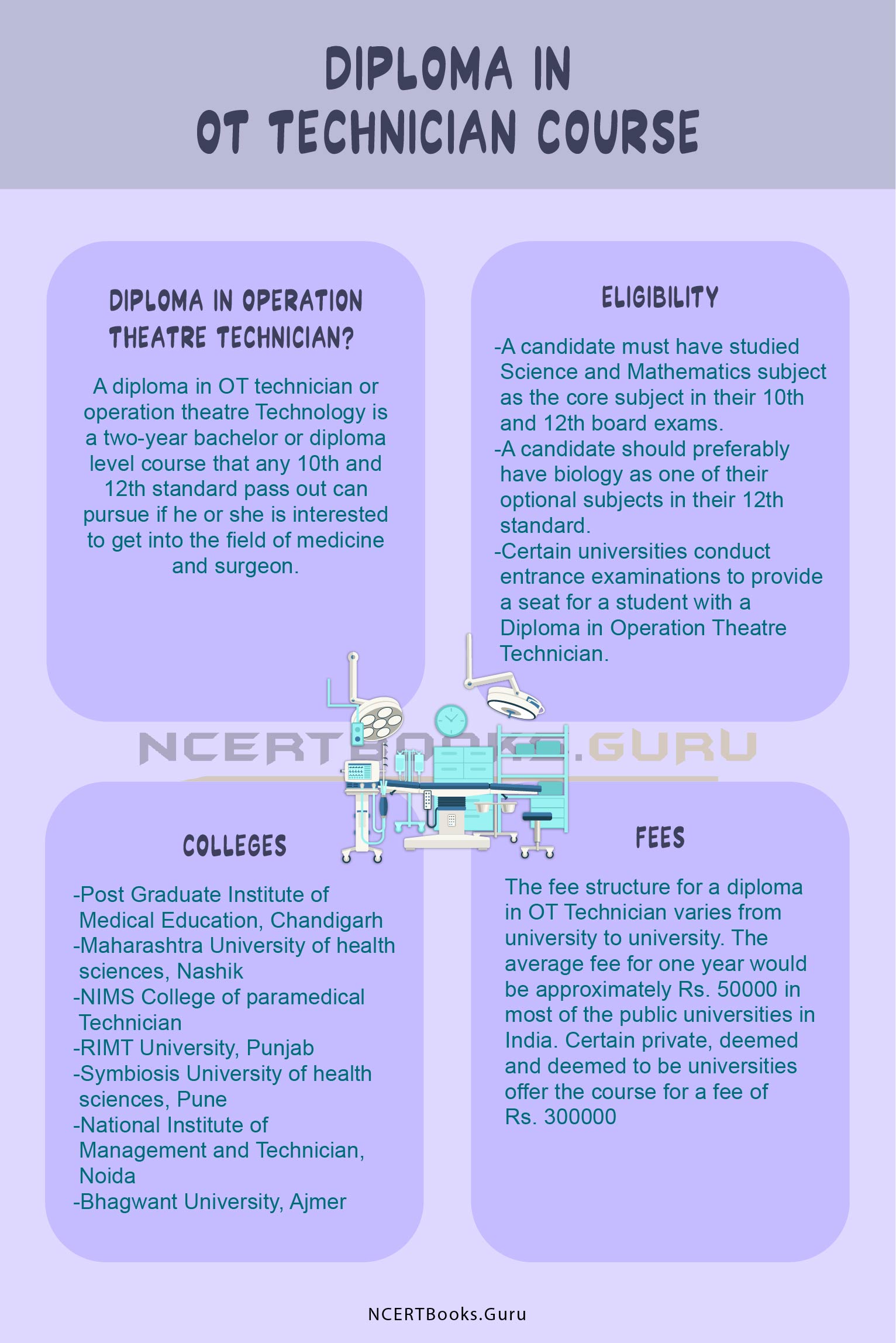
Diploma in OT Technician Subjects
Below are some of the subjects thought to students in the two-year duration of the Diploma in Operation Theatre Technician course:
- Biology
- Anatomy
- Chemistry
- Management studies
- Pathology
- Microbiology
- Urology
- Principles of surgery
- Basics of cleaning and sterilization
- Fundamentals of Anastasia and CPR
- Gynaecology
- Special surgeries
- Principles and practices of surgery
- Biochemistry
- Psychology
- Basics of operation theatre Technician
- Basics of computers and information Technician
- Introduction to orthopedic surgery
- Basics of pharmacology
Diploma in Operation Theatre Technician Course Structure
- A diploma in OT Technician is a two-year course thought to bachelor level students across various universities in India
- The course is divided into 4 semesters with 2 semesters in each year
- Students will have to give an examination at the end of each semester and pass all the subjects in each of the semesters to obtain the diploma certificate at the end of 4th semester
- The teaching methodology and pedagogy are different in different colleges and depend mainly on the affiliated university
- The crux of a diploma in OT Technician is a case study based and practical training
Certain colleges also conduct this program on a trimester based pedagogy - The program mainly involves frequent visits to hospitals and operation theatres to gain hands-on experience
- In cases where visits to a live operation theatre are not possible, simulated environments are created within the university campus or classrooms for a much more practical based study of the subjects mentioned above, in addition to the theoretical subjects thought to students in the classrooms
- Most of the medical colleges that offer MBBS programs also offer a diploma in Operation Theatre Technician because these programs require good involvement and coordination with doctors, nurses, and various other medical personnel and such a holistic campus environment with various other students from different fields and medicine will improve peer-based learning amongst students
Diploma in OT Technician Colleges
There are plenty of colleges wherein you can pursue your Diploma Course in Operation Theater Technician Course. Some of the popular ones spread across the country are listed here
- Post Graduate Institute of Medical Education, Chandigarh
- Maharashtra University of health sciences, Nashik
- NIMS College of paramedical Technician
- RIMT University, Punjab
- Symbiosis University of health sciences, Pune
- National Institute of Management and Technician, Noida
- Bhagwant University, Ajmer
- KS Hegde Medical Academy, Mangalore
- Manipal College of health professions, Manipal Academy of Higher Education, Manipal Udupi
- School of nursing and health sciences, Greater Noida
Diploma in OT Technician Jobs
- At the beginning of one’s career, a graduate with a diploma in OT Technician will start working in hospitals, private laboratories, emergency centers, and medical academic institutions
- In academic institutions, one might join as a teacher, assistant professor or lab assistant, or research assistant
- In a private or public aided lab, one can join as a lab technician
- The main area where one can work, and more importantly should work, is in hospitals to gain real learning and hands on experience. One will work in a hospital as an OT technician and OT assistant
- If one aims to work independently as a freelancer, one can work as an OT consultant to hospitals, private labs, medical centers, and emergency centers.
Diploma in OT Technician Salary
The average salary after graduation with a diploma in OT Technician is INR 2 to 3 lakhs per annum for a lab technician, INR 6 lakh per annum for a teacher or teaching assistant, and INR 3 to 6 lakhs per annum for an OT Technician. Although these numbers are subject, they mainly depend on one’s competency and previous work experience in the field.
Read Similar:
FAQs on Diploma in Operation Theatre Technician
1. Who is an Operation Theatre Technician?
An OT technician or an Operation Theatre Technician is a person who helps in conducting medical operations and other medical attention to patients in an operation theatre along with the help of doctors, nurses, and other medical personnel
2. Should I pursue a Diploma in OT Technician?
A diploma in OT Technician is the perfect course for one to pursue if one is interested in getting into the medical field
3. Is it worth pursuing a Diploma in OT Technician?
A diploma in OT Technician will provide a high return on investment to students along with introducing the candidate to the field of medicine and hospital without having to pursue a much costlier and longer course of MBBS
4. What are the reasons one should not pursue a diploma in OT Technician?
A diploma in OT Technician will only train candidates to perform inside an operation theatre. The disadvantage here is that one’s work profile will be confined to operation theatre and will always have to work under a doctor and exposure to other fields of medicine will be limited.
